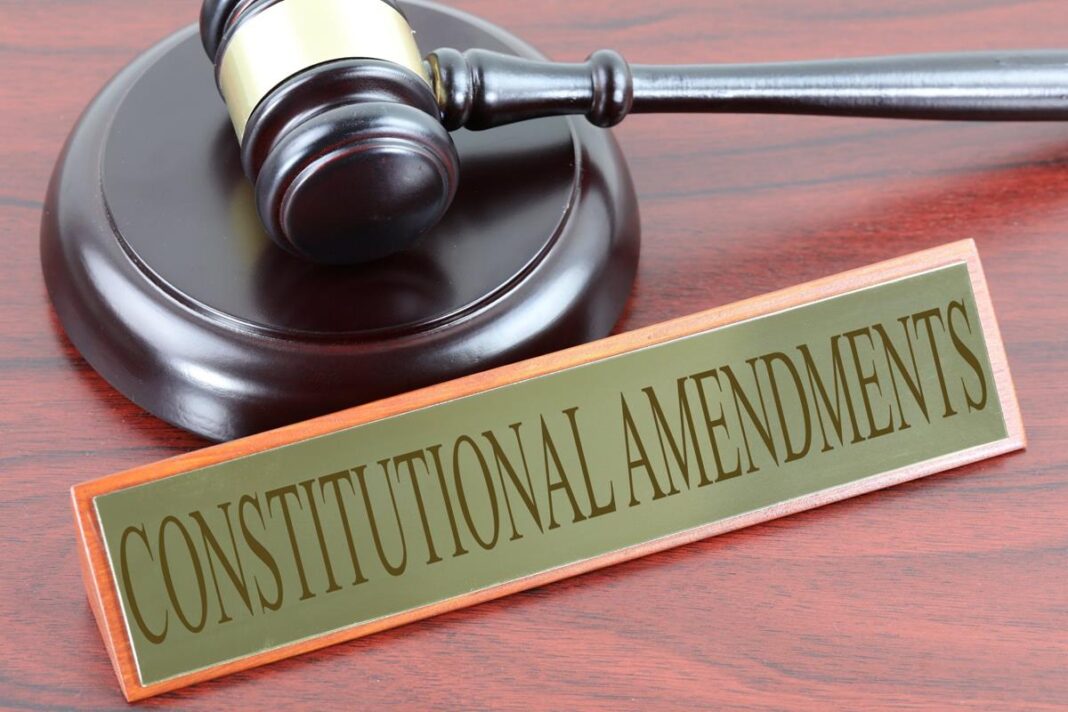The controversy over the Tenth Amendment has once again revealed a dangerous fault line in Lesotho’s politics: the willingness of leaders to sacrifice constitutional principles on the altar of political expediency.
At the heart of the matter lies a fundamental truth that should not be negotiable, our Constitution is the supreme law of the land. No reform, no matter how urgent or well-intentioned, can justify violating the very framework that safeguards our democracy.
The government must, therefore, initiate deep and honest discussions with all relevant stakeholders, parliamentarians, opposition parties, civil society, traditional leaders, and ordinary citizens. These conversations must seek solutions that preserve both the integrity of the Constitution and the momentum of the reforms.
To attempt reforms by cutting constitutional corners is to build a future on a foundation of sand.
It is important to stress that neither the Constitution nor the reforms should come at the expense of the other. Both are critical. The reforms are designed to correct historical weaknesses in our governance system, to prevent recurring crises, and to pave the way for stability and progress.
But the Constitution is the supreme safeguard against tyranny and abuse of power. Undermining it in the name of reform would be not only short-sighted but also deeply destructive.
If, however, a painful choice must be made between constitutional compliance and the pursuit of reforms, the choice should be obvious: the Constitution must prevail without hesitation.
This is not a matter of preference but of principle.
A reform process carried out through unconstitutional means is inherently illegitimate. It cannot inspire the trust of the people, nor can it guarantee respect for the rule of law once the reforms are enacted.
Indeed, bending or disregarding the Constitution today sends a chilling message to the nation that tomorrow’s laws, including the very reforms now being championed, will also be ignored whenever they prove inconvenient.
Such a precedent would undo everything the reforms are meant to achieve. Instead of ushering in an era of stability, it would entrench lawlessness and weaken public confidence in democratic governance.
The real test of leadership, therefore, is not in forcing reforms through at any cost, but in demonstrating fidelity to the supreme law even when it is politically difficult. True reform cannot be built on illegality. It must be grounded in respect for process, in the spirit of compromise, and in the understanding that legitimacy is as important as substance.
At this critical juncture, our leaders must ask themselves: What kind of future are we trying to build? One where the rule of law reigns supreme, or one where laws are bent at the convenience of those in power? If it is the former, then the answer is clear, the Constitution must come first, always.
History will judge this moment not by how quickly reforms were passed, but by whether they were passed lawfully, transparently, and with the full confidence of the people. To choose expediency over legality is to choose instability over democracy. That is a price Lesotho cannot afford.
Summary
- At the heart of the matter lies a fundamental truth that should not be negotiable, our Constitution is the supreme law of the land.
- The real test of leadership, therefore, is not in forcing reforms through at any cost, but in demonstrating fidelity to the supreme law even when it is politically difficult.
- It must be grounded in respect for process, in the spirit of compromise, and in the understanding that legitimacy is as important as substance.

Authored by our expert team of writers and editors, with thorough research.










